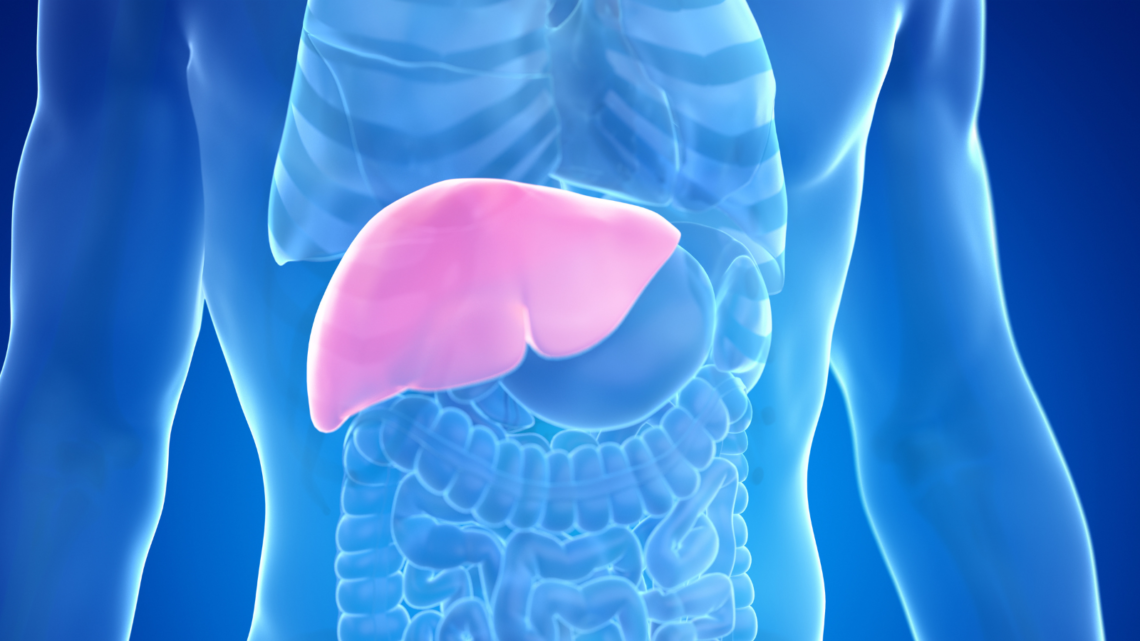
Protecting and Revitalizing Your Liver
The liver, one of the most critical organs in the human body, plays a pivotal role in maintaining our overall health and well-being. It is a powerhouse of an organ, responsible for a myriad of vital functions including the detoxification of harmful substances, protein synthesis, and the production of biochemicals necessary for digestion. Given its significance, maintaining liver health is not just important—it’s essential. However, our modern lifestyle poses numerous challenges to liver health, primarily through poor dietary choices, excessive alcohol consumption, and exposure to toxic substances.
Understanding Liver Health
The liver is an incredibly resilient organ, capable of regenerating itself and functioning even when partially damaged. However, this resilience does not make it invulnerable. The liver’s health is silently undermined by several factors, often without immediate symptoms, making liver diseases some of the most insidious. Understanding liver health begins with recognizing its critical functions:
- Detoxification: The liver neutralizes toxins from the food we eat, the air we breathe, and the medications we take.
- Metabolism: It plays a key role in metabolizing carbohydrates, proteins, and fats into energy and nutrients the body can use.
- Blood Filtration: The liver filters and removes compounds from the blood, including hormones, drugs, and other foreign substances.
- Immune System Support: It is integral to the immune system, identifying and removing pathogens and infections.
- Production of Essential Biochemicals: The liver produces bile, a substance needed for digesting fats, and various proteins for blood plasma.
How We Hurt Our Liver
Excessive Alcohol Consumption
The most well-known cause of liver damage is excessive alcohol consumption. Alcohol is metabolized by the liver, but consuming more than it can process can lead to a buildup of fats, inflammation, and eventually, irreversible liver damage. Conditions such as fatty liver disease, alcoholic hepatitis, and cirrhosis can develop as a result of prolonged alcohol abuse.
Poor Dietary Choices
High-calorie diets rich in saturated fats, sugars, and processed foods contribute to the development of non-alcoholic fatty liver disease (NAFLD), a condition increasingly common in Canada. This condition mirrors the effects of alcohol on the liver, without the alcohol consumption, leading to inflammation and potential progression to cirrhosis or liver cancer.
Exposure to Toxins
Regular exposure to certain chemicals and toxins, whether through the environment, personal care products, or occupations, can overburden the liver. Pesticides, heavy metals, and industrial chemicals must be processed by the liver, and prolonged exposure can impair its function.
Improving and Maintaining Liver Health
Moderate Alcohol Consumption
For those who choose to drink, adhering to Canada’s Low-Risk Alcohol Drinking Guidelines can significantly reduce the risk of liver damage. This means limiting alcohol intake to no more than 10 drinks a week for women and 15 drinks a week for men, with non-drinking days every week to allow liver recovery.
Healthy Diet and Regular Exercise
Adopting a diet rich in fruits, vegetables, whole grains, lean protein, and healthy fats can protect the liver from damage. Regular physical activity helps in maintaining a healthy weight, reducing the risk of NAFLD. Canadian guidelines recommend at least 150 minutes of moderate- to vigorous-intensity aerobic physical activity per week.
Limit Exposure to Toxins
Minimizing exposure to environmental toxins and chemicals by choosing organic when possible, using natural cleaning and personal care products, and ensuring proper ventilation when using chemicals can protect liver health.
Regular Health Check-ups
Regular check-ups can help detect liver disease in its early stages, often before symptoms appear. Blood tests can assess liver function, and imaging tests can identify liver damage.
Stay Hydrated
Drinking adequate water is essential for liver function, helping to flush toxins from the body.
Maintaining liver health is crucial for our overall well-being. By understanding the factors that jeopardize liver health and adopting lifestyle changes, we can protect this vital organ. Remember, liver diseases often go unnoticed until advanced stages, making prevention and early detection key. Protect your liver, and it will protect you.

